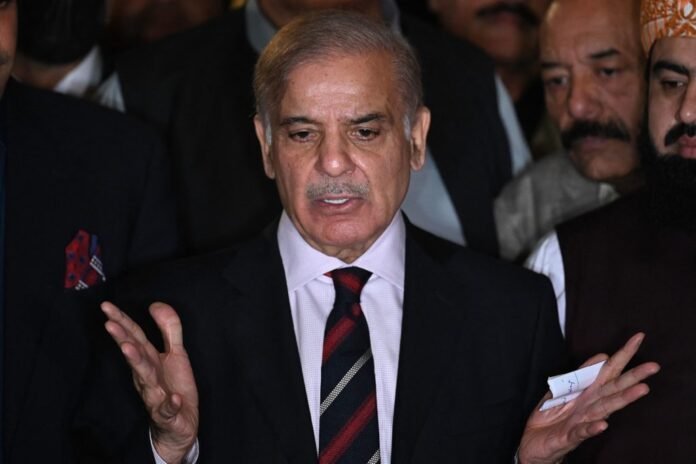In a landmark move toward digital transformation and inclusive development, the federal cabinet on Wednesday approved the National Artificial Intelligence (AI) Policy 2025. The policy, unanimously endorsed during a cabinet meeting chaired by Prime Minister Shehbaz Sharif, aims to establish a robust AI ecosystem in Pakistan. It is designed to democratise access to artificial intelligence, enhance public service delivery, and create new avenues for employment and innovation.
“Our youth are Pakistan’s greatest asset. Providing them with education, skills, and equal opportunities in AI is a top priority,” said Prime Minister Shehbaz Sharif, praising the Ministry of IT and allied institutions for their work in drafting the policy. “AI will not only modernise our economy but also enhance productivity across agriculture, public services, and governance,” he added.
The AI Policy outlines ambitious goals, including training one million AI professionals by 2030, launching an AI Innovation Fund and an AI Venture Fund to drive private sector engagement, and supporting 50,000 AI-driven civic projects along with the development of 1,000 local AI products over the next five years. Additionally, it includes the annual distribution of 3,000 AI scholarships, support for 1,000 research projects, and initiatives to ensure inclusion of women and individuals with disabilities through accessible education and financing.
The policy also emphasises strengthening cybersecurity measures, improving national data protection, fostering global AI partnerships, and ensuring compliance with international regulations. A dedicated AI Council, along with a comprehensive master plan and action matrix, will oversee the implementation and monitoring of the policy.
In a broader context, Pakistan has seen a series of AI-related developments in recent months. Earlier this month, SOCByte, a local AI platform, launched the country’s first AI-powered cybersecurity programme to equip professionals with critical information security skills. In May, the Ministry of Finance announced the allocation of 2,000 megawatts of electricity for Bitcoin mining and AI data centres, aiming to position Pakistan as a global hub for digital innovation. In April, the Supreme Court of Pakistan acknowledged AI’s potential in reforming the judicial system, especially at the district level, while advising a cautious and ethically responsible integration of such technologies.
Alongside the AI policy, the federal cabinet also approved the Haj Policy for 2026, focusing on complete digitisation of Haj operations to enhance transparency, efficiency, and service quality for Pakistani pilgrims. “Ensuring comfort, transparency, and timely support for every pilgrim is our foremost duty,” the prime minister said, directing a full digital transformation of Haj services beginning in 2026.
Under the new policy, 70 percent of the Haj quota will be allocated to the government, while 30 percent will go to private operators. Private companies that failed to meet their obligations in the previous year will be required to accommodate affected pilgrims in 2026. The cabinet also approved third-party validation of Haj operations, real-time monitoring of payments and applications handled by private operators, and a mandatory minimum of 2,000 pilgrims per private company. An additional 1,000 seats will be reserved for hardship cases.
To improve service delivery, the policy mandates the use of enhanced digital tools, including the Pak Hajj mobile app, digital wristbands, and dedicated SIMs for pilgrims. It also calls for transparent recruitment of Haj assistants through competitive testing, establishment of emergency support mechanisms, and upgraded lodging and food arrangements. The Ministry of Information Technology has been instructed to collaborate with the Ministry of Religious Affairs to ensure seamless execution of the digitised Haj operations.
Additionally, the cabinet ratified earlier decisions from the Cabinet Committee on Privatisation and the Committee on Legislative Business, which met on July 8, 17, and 25 respectively, marking a comprehensive day of reforms and forward-looking governance.
Read More : Karachi Board Postpones Matric Science Group Results





